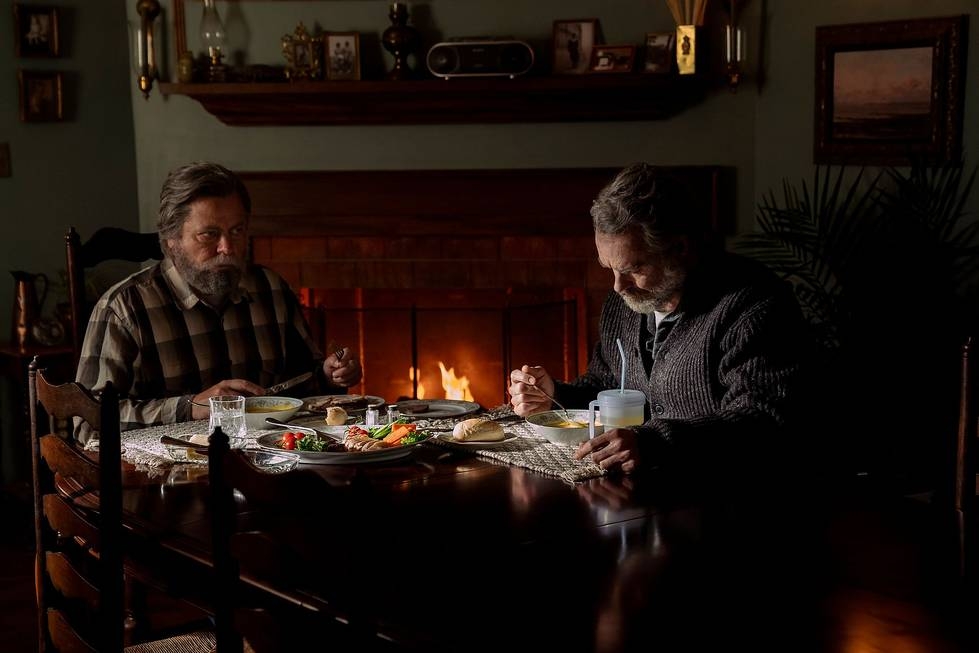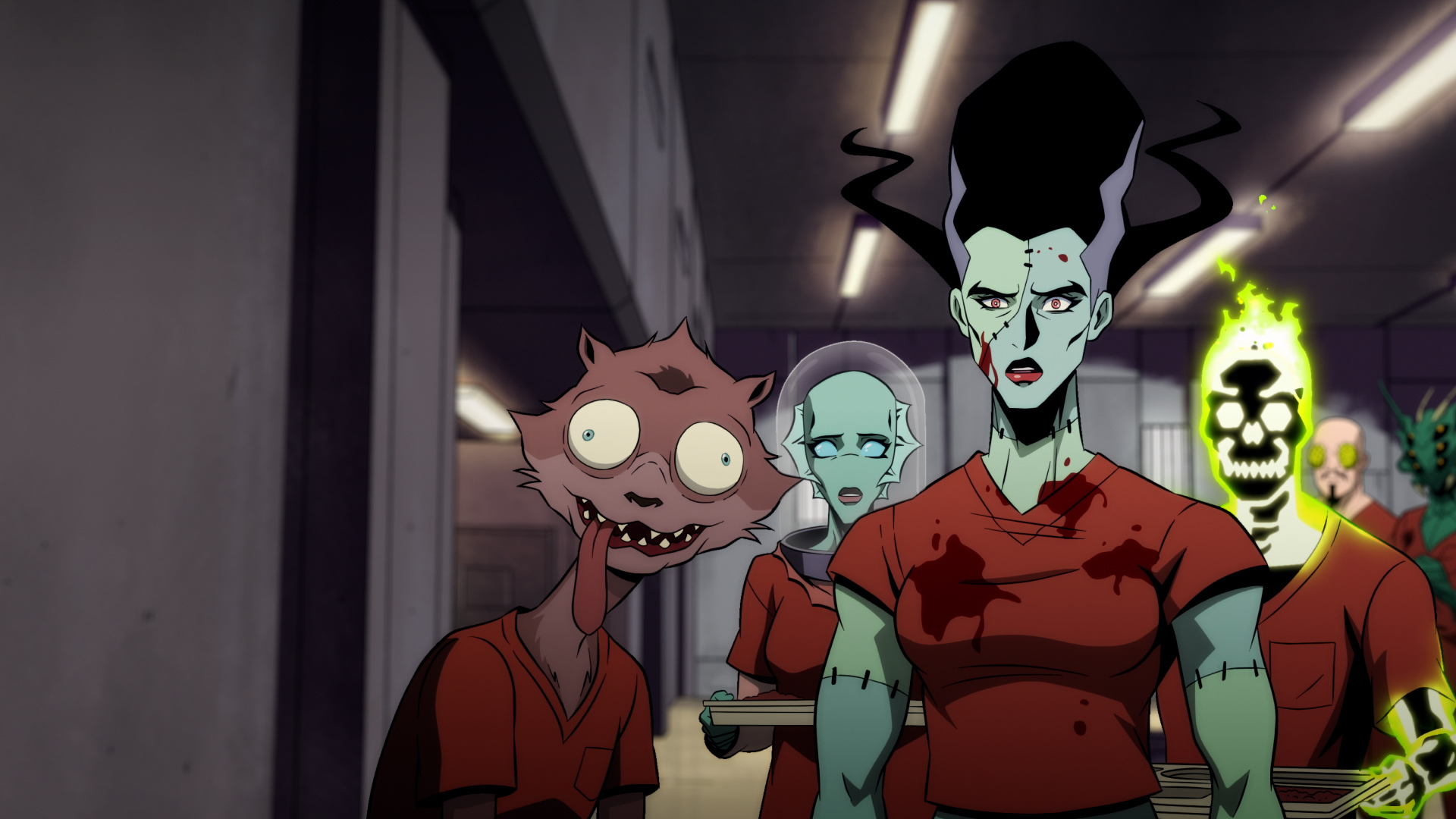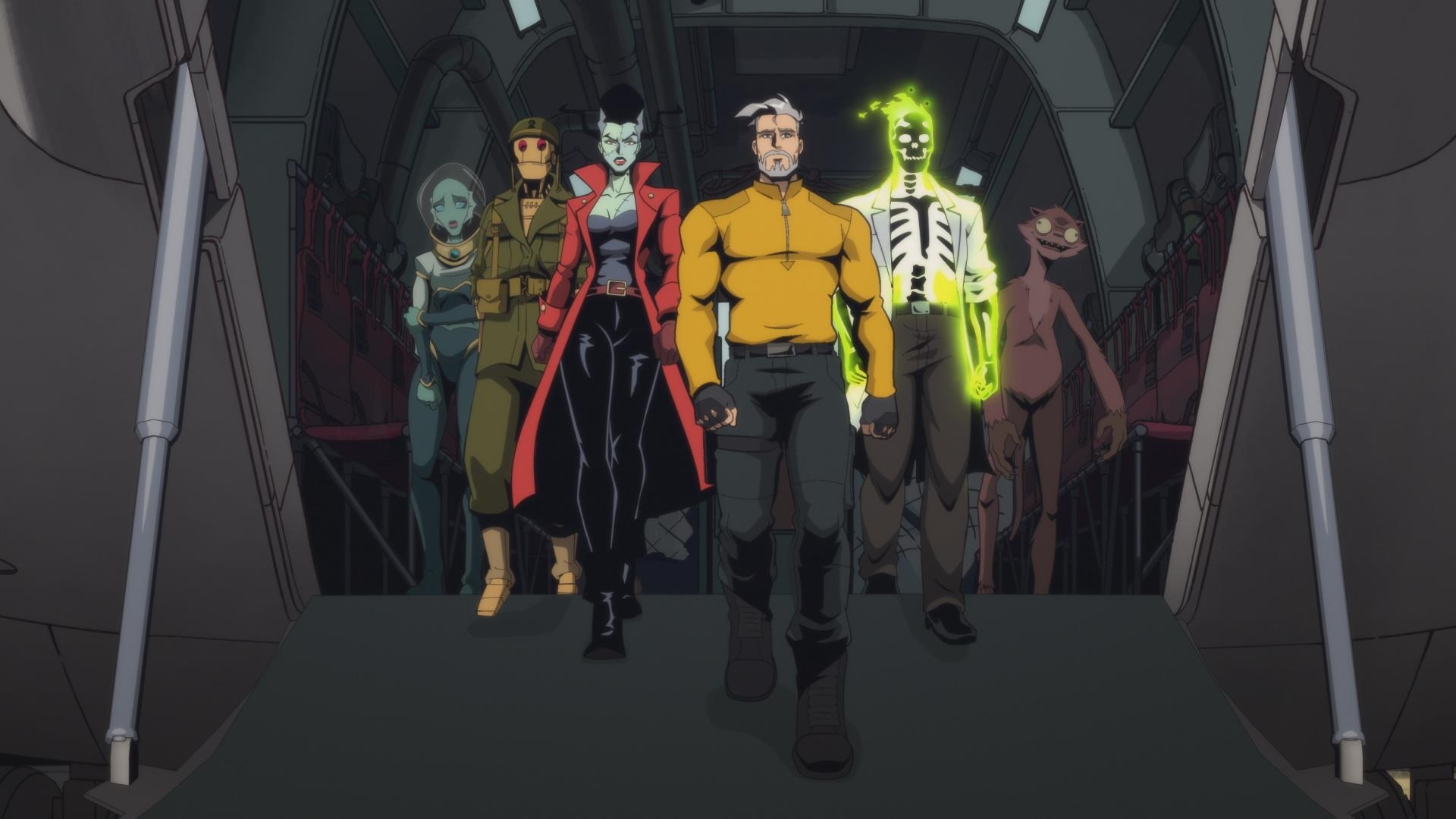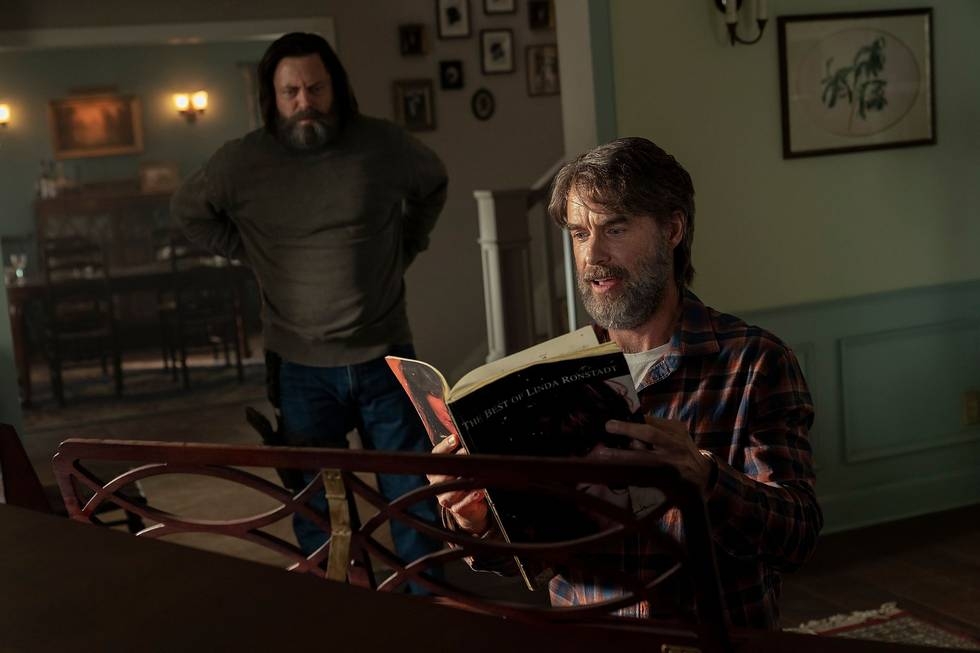
I’m not gonna give you the every-day-was-a-wonderful-gift-from-God speech. I have had a lot of bad days. I’ve had bad days with you, too, but I’ve had more good days with you than with anyone else. So give me one more good day.
As a story about the direst of situations, we all expected “The Last of Us” to be heartbreaking, but not like “Long Long Time,” its 72-minute* third episode directed by Peter Hoar.
* The show is 72 minutes long in countries like the Philippines, where the standard is 25 frames per second. In countries like the US, where the standard is 24 frames per second, the show is longer.
I’m going to write this post a bit differently from the previous ones, where I broke down every scene. This time, let me break down two themes that were important in the episode. I’ll leave the events that happened in this timeline, instead.
As always, there are heavy spoilers ahead, so if you haven’t seen the episode yet, I suggest you go ahead and watch it (and cry) before reading this.
Table of Contents
Pro-choice in the time of pandemic
It isn’t mentioned in the episode, but it is heavily implied that Frank (Murray Bartlett) suffered from AIDS. He wanted Bill (Nick Offerman) to help him end his suffering by having him drink an unnamed substance with his wine. Euthanasia and assisted suicide are freedoms one must have especially when the pain is unbearable.
Euthanasia is when a someone else other than the patient administers the dose of a substance meant to kill, while assisted suicide is when the substance is administered by the person himself or herself after acquiring it from a doctor. In other words, the difference it who administers it. In Franks case, it was assisted suicide, while in Bill’s case, it was suicide. All these three things—suicide, assisted suicide, and euthanasia—are frowned upon by members of society especially the religious ones. Thankfully for both Bill and Frank, no one was there to judge them.
Frank was running out of hope when it comes to his condition.

“There wasn’t anything to cure this before the world fell apart.”
— Frank, “The Last of Us” episode
He had every reason to lose hope. The world would be lucky to find a doctor still busy with finding a cure for AIDS during the apocalypse. Surely, their main priority was to find a cure for the cordyceps infections.
Initially, the Bill did not want to do what Frank request of him, but then Frank said,
“Do you love me? … Then love me the way I want you to.”
— Frank, “The Last of Us” episode 3
To me, it sounded like this was a line written by the writers not for Bill, but for all anti-choicers and anti-lifers (I am never calling them pro-life). Humanists believe that in circumstances like Frank’s, fulfilling his request is morally the right thing to do. The episode did not demonize in any way Frank’s only option and I gotta respect the episode’s writer Craig Mazin for that.
The right to die when they are terminally ill is a right provided for the citizens of Australia, the state of California in the United States, (End of Life Option Act), New Zealand (End of Life Choice Act), the state of Oregon in the United States (Death with Dignity Act), Switzerland, and the state of Washington in the United States (also called Death with Dignity Act). Meanwhile, some right-to-die laws also approve assisted suicide, when someone who is not terminally ill decides to end his or her life. Those are the laws in Belgium, Luxembourg, and the Netherlands.
UPDATE (Jan. 31, 2023): In the show’s official podcast, Neil Druckman, the co-creator of the show along Mazin, said that they did not want to specific the degenerative disorder that Frank had. He said it was either MS or early ALS.
Anarchism
Before we can talk about the theme of anarchism in this episode, let us first define what it is because people get so confused by this really simple philosophy. People often believe anarchism is equivalent to committing crime and violence, when in fact there is no room for aggression in anarchism, only self-defense.
In his book “Anarchy Works,” Peter Gelderloos does not strictly define anarchy but he listed the following basic principles of anarchy:
- Autonomy and Horizontality. There should be no hierarchy or verticality. Capitalism, state, and the patriarchy are therefore shunned.
- Mutual Aid. People in an anarchist society help each other on their own free will. No one is coerced to do charity.
- Voluntary Association. People have the freedom to accept or reject relationships or arrangement.
- Direct Action. Anarchist make changes happen without relying on “authorities.”
- Revolution. Reforming systems of repression is not enough. Anarchist must fight to overthrow systems like capitalism and white supremacy.
- Self-Liberation. “Freedom cannot be given; it must be taken.”
The Doomsday prepper Bill thinks all governments are Nazis. He calls them “New World Order jackboot fucks.” While in the world we live in, people like Bill are only dismissed by others as tin-foil-hat-wearing crackpots, in their world, his distrust in the government and his Doomsday-prepping saved him. It is revealed in the show that when there were no room for others in the quarantine zones, they were brought to fields where they were shot and killed even if they were perfectly healthy. Bill dodged that bullet.
In Bill’s town, there was no hierarchy since he was the only resident when his neighbors were evacuated. We can also say that both Joel and Tess were also a sort of anarchist duo because they were also operating outside the law imposed by the Federal Disaster Response Agency (Fedra) inside the quarantine zones. Once they were invited by Frank to come over to the town, and although Bill was hesitant, there were agreements of mutual aiding. This shows, therefore, that Bill and Frank, and Tess and Joel were in voluntary association.
Moreover, Bill exhibited direct action when he had to rely himself when the authorities have left and the electricity was shut down in the town. Bill put the electricity back up again, prepared traps to save himself, and to stack on resources that he needed—all on his own.
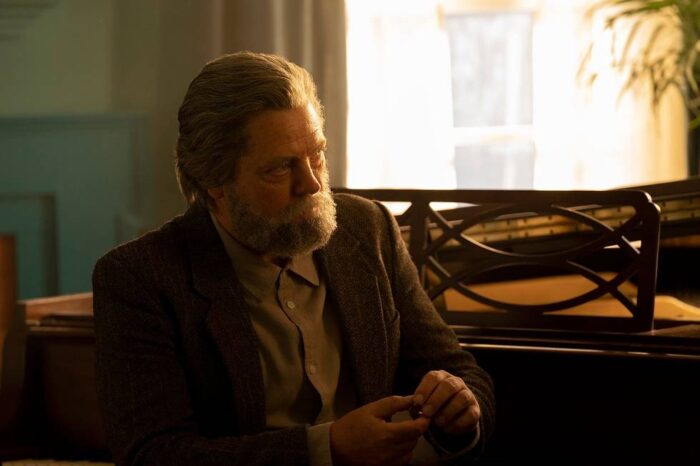
“The governments are all Nazis!”
— Bill, “The Last Of Us” episode 3
Those two are the most important themes in the show. Send me an email at ra@ravstheworld.com to tell me what you think about the episode! I also want to talk about the other things that happened in the show.
Other Things That Were Hard To Miss
One.
While the show did not show us a cold open like the first two episodes did, it was still heavy on history. In one of the scenes, there was this woman who was evacuating with her child. She wasn’t afraid to go with the authorities because who would be when they believe that they were going somewhere safe.
We learned from what Joel told Ellie that when the quarantine zones were full, Fedra executed the others. Two of those executed were the woman and her baby.
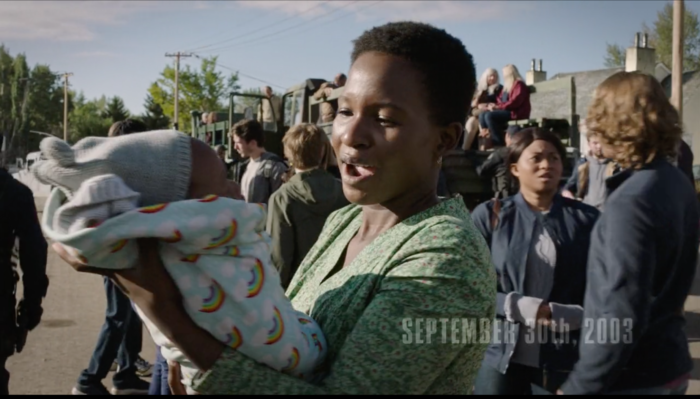
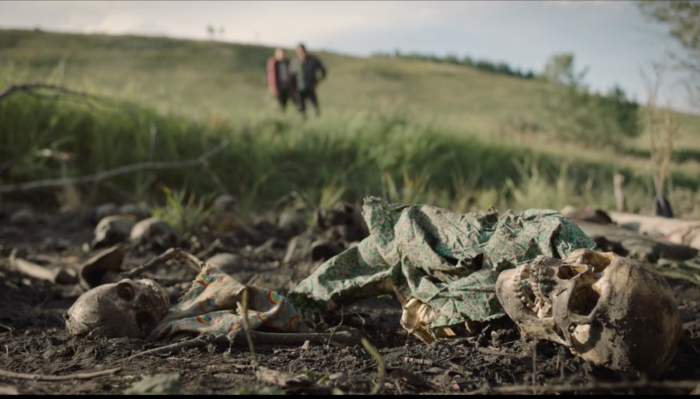
Two.
Bill is socially awkward. He did not actually want to shoot Joel or Tess, even though he had the gun with him the entire time they were having “a civilized meal in such a beautiful place.” He just did not know how to deal with people. It’s not surprising that he is socially awkward. I believe people who would prepare for Doomsday do not know how to act around anyone.
He was also protective of his favorite music. When Frank sang and played a Lindy Ronstadt horribly, he stopped Frank so he could play one himself.
He also wrote “hehehehe” in a letter, which is not something most Americans will do. Probably us Pinoys would. But Americans? Nah.
Three.
We got confirmation that B/F stood for “Bill and Frank” and ’80s music meant trouble. Frank proposed the idea of using codes to Tess after their first visit.
It seems Joel and Tess visited Bill and Frank more than once because when they first met, Joel told Bill that they can bring medicine, something that they do not have in the town.
Later in the episode, when Frank was already quite ill, he had medicine to ease the pain. We also saw Joel dealing drugs to Fedra officers in episode 1.
When Bill told Frank to call Joel in 2013, that was because Bill remembered what Joel told him in three years earlier. Joel warned him that their fences would be no match against raiders when the time comes. And so it happened. Raiders almost went past their defenses (pun intended), and Bill was hurt. Nostradamus Joel was right.
Four.
Bill did not get infected because his diet did not involve any flour or grain. He grew carrots, fed chickens, and caught rabbits, but never baked.
All right. That’s it. That’s everything I have for now. I’ll update the timeline post sometime this week, so come back to this blog sometime this week.
If you reached this post, thank you for reading and please share this on your timeline!
The photos of Nick Offerman and Murray Bartlett in this post are by Liane Hentscher and HBO.

